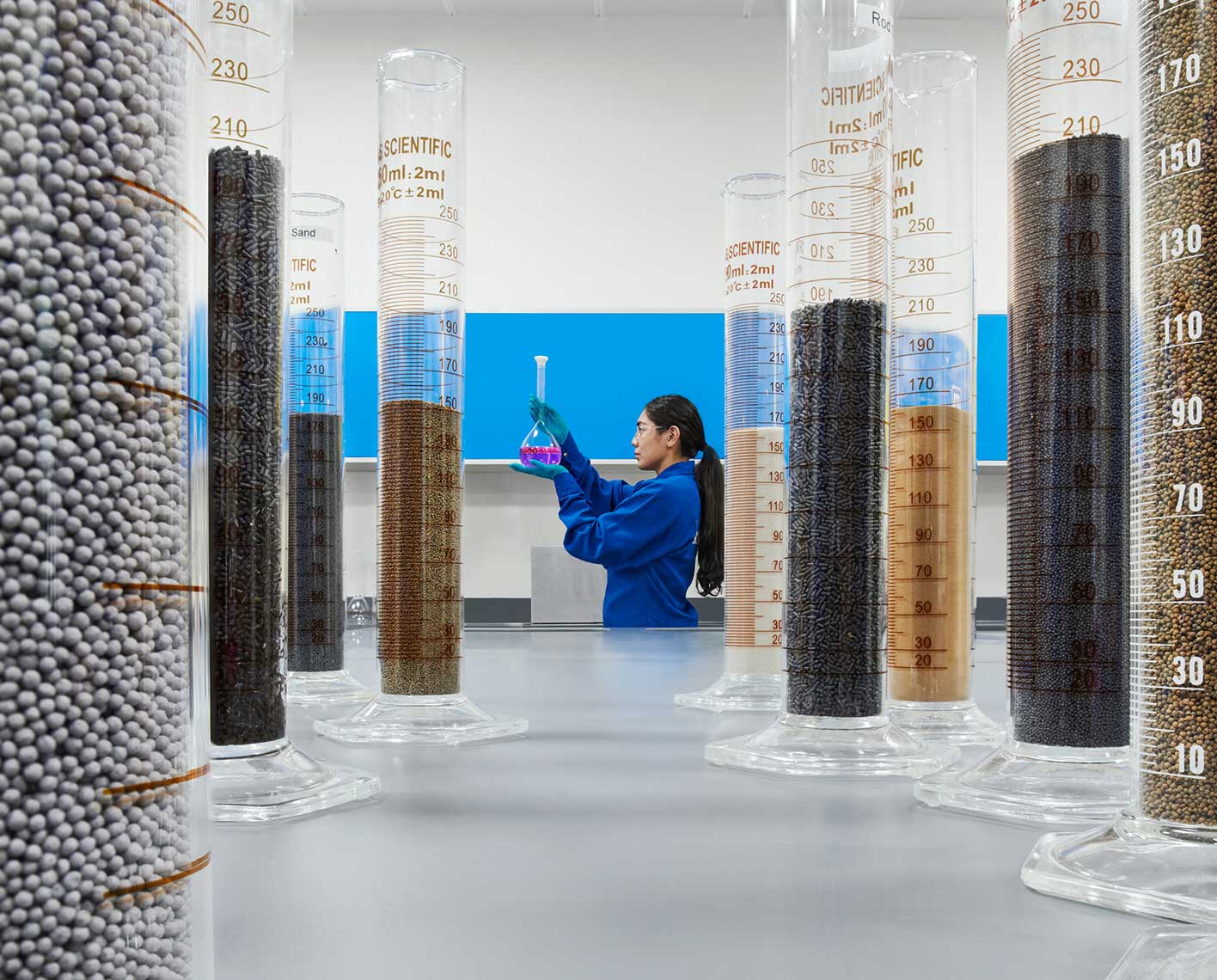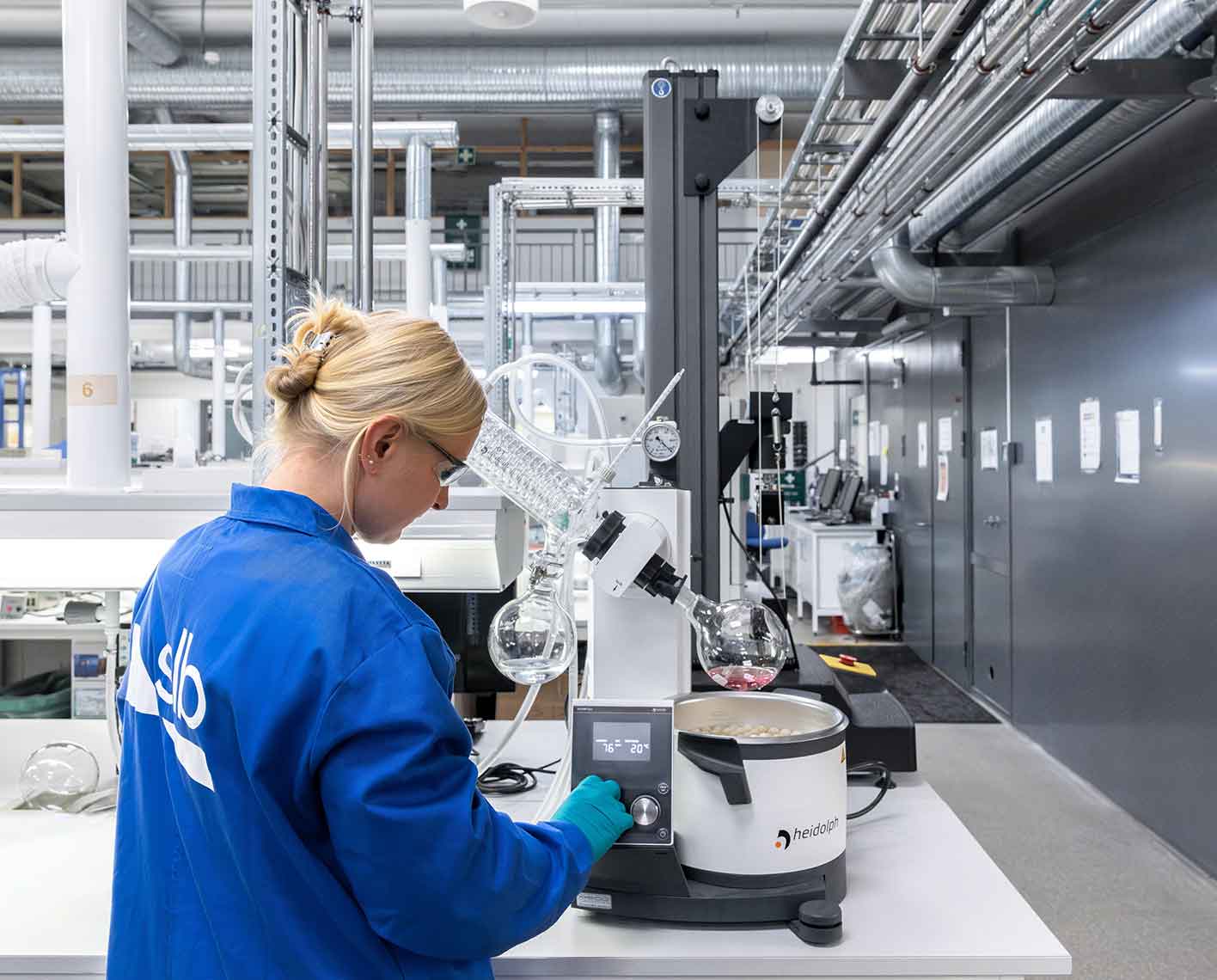Geothermal drilling fluids
Reduce drilling risk in challenging geothermal environments


Aqueous drilling fluids for geothermal wells
SLB leads the geothermal industry with a comprehensive range of aqueous drilling fluid solutions successfully deployed in more than 100 geothermal wells since 2015.
Tailored for tapping into Earth's heat
Unlike oil-based fluids, our aqueous drilling fluids are essential for harnessing geothermal energy more efficiently and sustainably. Tailored to meet the challenges of tapping into the Earth's heat resources, our specialized fluids offer exceptional thermal conductivity and lubrication properties, making them indispensable for deep drilling into rock formations. As the drill bit penetrates the formation, these fluids efficiently dissipate heat, reduce friction, and return cuttings and debris back to the surface, ensuring equipment durability and process optimization.
Our portfolio covers a broad temperature spectrum that addresses the diverse challenges of geothermal applications.
Direct use
We have solutions optimized for district heating, with wells targeting subsurface resources typically below 120 degC [250 degF].
Power generation
We have solutions optimized for hydrothermal, enhanced geothermal systems (EGS), and advanced geothermal systems (AGS) for power generation, with reservoir temperatures reaching up to 200 degC [392 degF].
Drilling fluids that are more than just water
Water-based fluids meet many sustainability requirements. SLB has developed the most complete portfolio of aqueous fluid solutions that not only deliver sustainability with competitive performance in drilling, but also advanced digital management and automation, along with sustainability tools that help quantify reduced emissions through the entire fluids management life cycle. So, you maintain your performance edge while lowering total cost of ownership and sustainability footprint with a wide variety of options based on specific targets outlined by you. These options help keep geothermal drilling operations above water by lowering logistical costs, eliminating transport of base oil or cuttings, and minimizing the costs associated with lost circulation.





